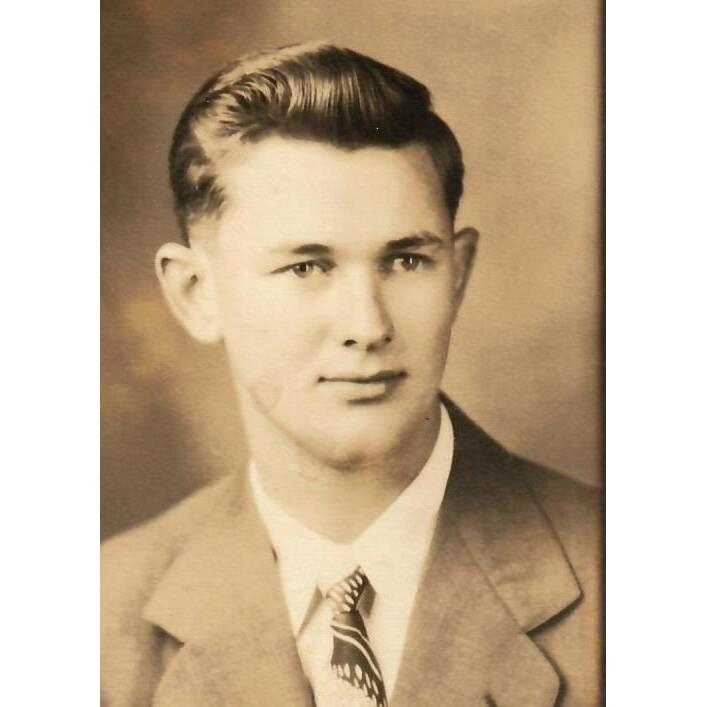High school students considering a career in agriculture have a long list of options at their fingertips. In fact, there are so many that some students may not even know where to start.
But students who are involved in FFA, with National FFA Week observed this week and a tradition since 1948, have a leg up.
They already are picking up knowledge about agricultural-related fields that include business, mechanics, landscaping, forestry, veterinary science, food science, the environment and natural resources.
“We want our students to understand how vast the opportunities are and how those with different skill sets can find an occupation related to agriculture,” said Tami Neighbors, executive director of the Indiana FFA Association headquartered in Trafalgar.
[sc:text-divider text-divider-title=”Story continues below gallery” ]
That’s exactly what Bailey Meyer, 17, has realized during her term as president of the Columbus East and Columbus North FFA chapter.
A year ago, Meyer was planning to go to Purdue University immediately after her upcoming graduation to obtain her degree in agricultural education and become a teacher.
But today, the senior says she will begin classes at Ivy Tech Community College of Columbus this fall while seeking a statewide FFA office, which Meyer hopes will reveal more career options before she moves on to Purdue.
Her counterpart in Hope — Hauser Jr.-Sr. High FFA president Kortney Wallace — said she also has her eye on a career in agriculture — as an agricultural lawyer.
“FFA has influenced me by providing me with the leadership materials I need to have a successful career,” said Wallace, 18.
Hauser FFA secretary Annie Ashbrook, however, is looking outside the agriculture field in her career planning.
Ashbrook wants to obtain at least a bachelor’s degree in education, with a possible minor in political science. Ashbrook said she would like to be an advocate for teachers and public school students.
She’s far from alone in considering careers outside of agriculture.
Of the 89 FFA members in grades 7 to 12 enrolled at Hauser, only one said they plan to take over the family farm, chapter sponsor Aleesa Dickerson said.
“For every one farmer under 35, there are six over 65,” Dickerson said. “We’ve got to do something to get these kids back to the farms.”
Practicality plays a big factor in such decisions, said Matt John, a local farmer and assistant professor at Ivy Tech Community College in Columbus.
Historically, farm families have been larger than urban ones, he said. The more siblings you have, the smaller your share of the farm income will be, said John, who serves as chairman of Ivy Tech’s Crop Production program.
That motivates many young people to diversify by training for full-time agriculture-related positions close to home, which also allows them to run the family operation with their brothers, sisters and other relatives on the side, John said.
Despite a number of career options that Neighbors describes as overwhelming, an appreciation and understanding of farming remains at the core of the FFA, said Allison Korb, who sponsors the joint chapter in Columbus.
One of the organization’s most effective and practical learning tools is the Supervised Agriculture Experience (SAE) program, which allows students to apply skills they learn in the classroom, Neighbors said.
Thousands of SAE projects are in operation statewide, ranging from growing vegetables to conducting laboratory research, she said.
While the FFA guides students through the different courses they need for their field, as well as helping provide real-world experience, they also work to instill the field’s required soft skills, including the ability to interact effectively and harmoniously with other people, Neighbors said.
In Columbus, the first event of FFA Week took place Sunday morning at the First Church of the Nazarene, when FFA members had the opportunity to be both recognized and to worship together, Meyer said. That began a week’s worth of FFA activities in Columbus.
At Hauser, daily events ranged from pedal tractor races and a Kiss-A-Pig contest to the popular FFA pancake breakfast, which will take place from 6 to 9 a.m. today at the school.
The goal of most of these activities is to “help these kids know their potential to make things happen, and to get involved,” Dickerson said.
Although individual FFA members may be considering different career paths, two of the top qualities the organization attempts to instill are camaraderie and leadership, Korb said.
Leadership skills often begin with getting younger members more comfortable about opening up to their peers, Korb said.
“They may not talk much as freshmen. But by their senior year, some never stop talking,” she said jokingly.
Columbus chapter vice president Jack Rosenberger, 17, and Meyer have similar views on how FFA camaraderie benefits members.
For Meyer, the organization provides the opportunity to work extremely hard on projects with friends — and accept the results.
“I think all of us working together learn to be OK with losing — and be OK with winning,” Meyer said. “If we lose, we just try to work harder on what we can fix, and keep going.”
Camaraderie is especially important during the annual election of chapter officers, where most students don’t get the leadership position they want, Rosenberger said.
“It’s important to overcome your differences and still learn how to work together for the betterment of the organization,” he said.
Dickerson said she finds the level of support that FFA members give one another is nothing short of amazing.
“We’re building friendships that last a lifetime,” Kolb said.
[sc:pullout-title pullout-title=”Indiana FFA” ][sc:pullout-text-begin]
As of this month, there are 11,856 FFA students and 206 chapters across Indiana. Members can be found not only in rural communities, but also in many suburban and urban schools in Indianapolis, Fort Wayne, Lafayette and Beech Grove.
Indiana FFA provides high school-aged students with challenging opportunities to develop leadership skills, problem-solving skills and to explore potential career opportunities. Programs also provide creative and fun ways to help youth develop positive character traits and habits.
Altogether, there are more than 200 activities to engage FFA members.
For more information online, go to inffa.org
[sc:pullout-text-end][sc:pullout-title pullout-title=”Ivy Tech, Purdue agriculture degrees ” ][sc:pullout-text-begin]
Studying agriculture at Ivy Tech
Ivy Tech Community College in Columbus offers two agriculture programs.
The two-year Associate of Science degree provides students with the basic courses, such as science, math, humanities and public speaking, that students could also take at Purdue University in Lafayette. Taking these courses in Columbus allows students to focus mostly on specific major courses if they go on to seek a four-year degree in agriculture at Purdue.
The two-year Associate of Applied Science degree also offers many of the general studies but includes more agriculture related courses and experiences that will serve them well if they do not go on to seek a four-year degree at Purdue.
Agriculture options at Purdue
The following are specific degrees available to students who attend the Purdue University of Agriculture in West Lafayette.
Agribusiness: Management, Agricultural Marketing, Commodity Marketing, Food Marketing, Communions, Economics (Applied, Commodity Marketing, Quantitative Analysis) Agricultural Education, Agricultural Engineering, Agricultural Systems Management.
Agronomy: Business and Marketing, Crop and Soil Management, International.
Animal Sciences: Animal Agribusiness, Behavior and Well-Being, Biosciences, Pre-veterinary Medicine, Production, Products.
Biochemistry: Pre-Medicine, Pre-Veterinary Medicine
Biological: Cellular Engineering, Biomolecular Engineering, Food and Biological Process.
Engineering: Biological, Pharmaceutical Process, Crop Science, Environmental and Natural Resources.
Environmental: Emerging Challenges, Science, Policy and Analysis.
Horticulture: Landscape Contracting and Management, Landscape Enterprise Management, Landscape Architecture, Landscape and Design, Plant Science, Public Horticulture.
Natural Resources: Air Quality, Environmental Science, Emerging Challenges, Policy and Resources, Land Resources, Environment, Water Quality, Planning and Decision Making.
Plant: Genetics, Breeding, Biotechnology.
Sustainable: Biomaterial, Process and Product Design, Food and Farming Systems.
Various: Meteorology and Climatology, Culinary Science, Farm Management, Fisheries and Aquatic Sciences, Food Science, Forestry, Pre-Agricuture and Biological Engineering, Pre-Environmental Studies, Pre-Landscape Architecture, Pre-Veterinary Medicine, Sales and Marketing, Soil and Water Science, Turf Management and Science, Wildlife, Wood Products Manufacturing Technology.
[sc:pullout-text-end][sc:pullout-title pullout-title=”Local FFA chapters” ][sc:pullout-text-begin]
Two FFA chapters operate in Bartholomew County
Columbus East and Columbus North (joint)
- Members: About 60 students in grades 9 to 12
- Sponsor: Allison Korb
- 2016-17 chapter president: Bailey Meyer
Hauser
- Members: 89 students in grades 7 to 12
- Sponsor: Aleesa Dickerson
- 2016-17 chapter president: Kortney Wallace
[sc:pullout-text-end]





